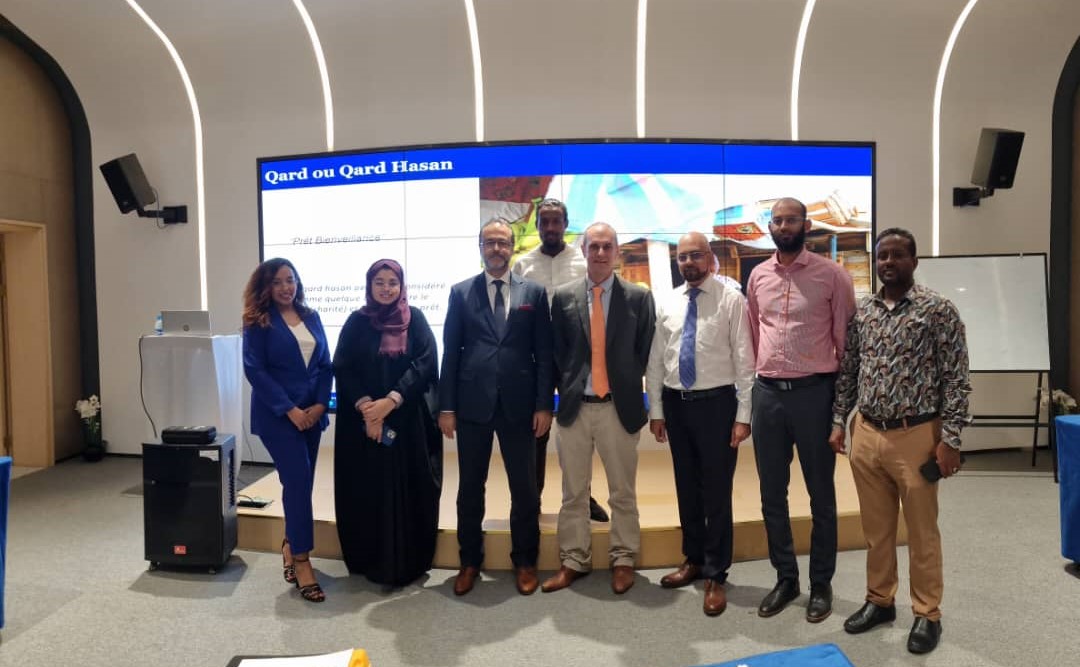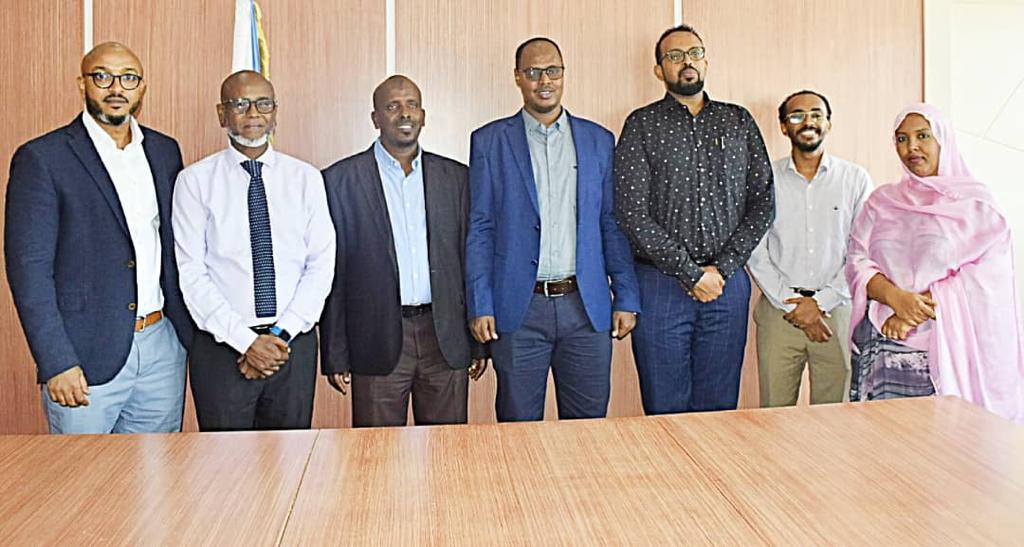
Enhancing the Economic Resilience of Vulnerable SMEs in Djibouti through Technical Assistance and Capacity Development in Islamic Finance
Since 2021, the United Nations Development Programme (UNDP) Istanbul International Center for Private Sector in Development (IICPSD) has been providing technical support to Djibouti under the project “Enhancing Economic Resilience of Vulnerable SMEs in Djibouti” to guarantee the MSME sectors’ recovery and resilience and to actively support national implementation.
Under the first phase of the project, UNDP IICPSD has developed the studies entitled “Islamic Microfinance Assessment of Djibouti”, “Strategic Recommendation for Developing Islamic Microfinance” and “Engaging Islamic Finance in the Djibouti Credit Guarantee Fund” in 2021.
As part of second phase of the project, UNDP IICPSD provided technical assistance to the Djibouti Center for Leadership and Entrepreneurship (CLE) in collaboration with the UNDP Djibouti Country Office to draft the fund management agreements between the CLE/Government and the three Islamic banks, as well as conducting capacity-building activities including an Islamic microfinance training. After the Government of Djibouti and three Islamic banks (Salaam African Bank, Saba African Bank, and East Africa Bank) signed an agreement, the UNDP IICPSD’s Global Islamic Finance and Impact Investing Platform (GIFIIP), in collaboration with the Frankfurt School of Finance & Management, organized a three-day “Islamic Microfinance Training Program” in Djibouti between 27 and 29 November 2022. The training aimed to assist Islamic financiers and impact investors in developing their capacities for capturing new investment opportunities in the sustainable development field in order to strengthen Islamic microfinance for micro, small and medium scale enterprises (MSME)’s socioeconomic recovery and resilience.
The training program was divided into seven modules covering Islamic economy, microfinance, Islamic finance contracts, transactions, organizational structure, risk mitigation tools, performance measurements, and case studies. The training was designed as a challenging technical lecture that explained fundamental ideas and the latest developments in Islamic banking and microfinance.

By discussing the conceptual understanding of Islamic microfinance within the broader framework and context of Islamic finance, the Islamic microfinance components and mechanisms, delivery methodologies and products, and other related processes, the training program shared knowledge, experiences, and practical insights on Islamic microfinance. Within the context of impact investment and sustainable development, it also demonstrated the significance of Islamic microfinance as a non-traditional source of funding for the SDGs. In addition to the theoretical discussions, the training program equipped the trainees with practical knowledge through the examination of case studies and real-world challenges related to the implementation of Islamic microfinance.
The training was welcomed by 30 participants from the CLE, the Central Bank of Djibouti, Salaam African Bank, Saba African Bank, East Africa Bank, the Caisse Populaire d’Epargne et de Crédit (CPECs), and other financial institutions. The project’s comprehensive approach provided participants with the skills and capacity to help develop Islamic microfinance solutions and implement them within their institutions.